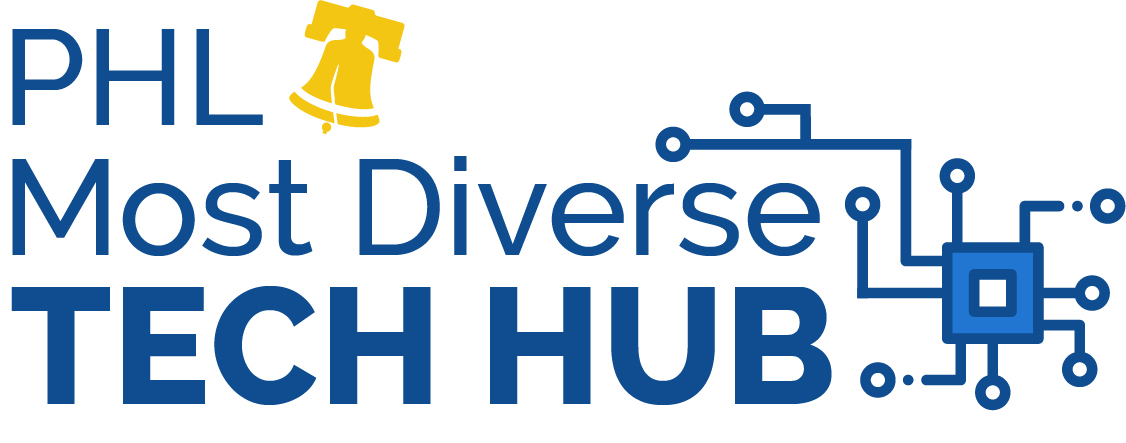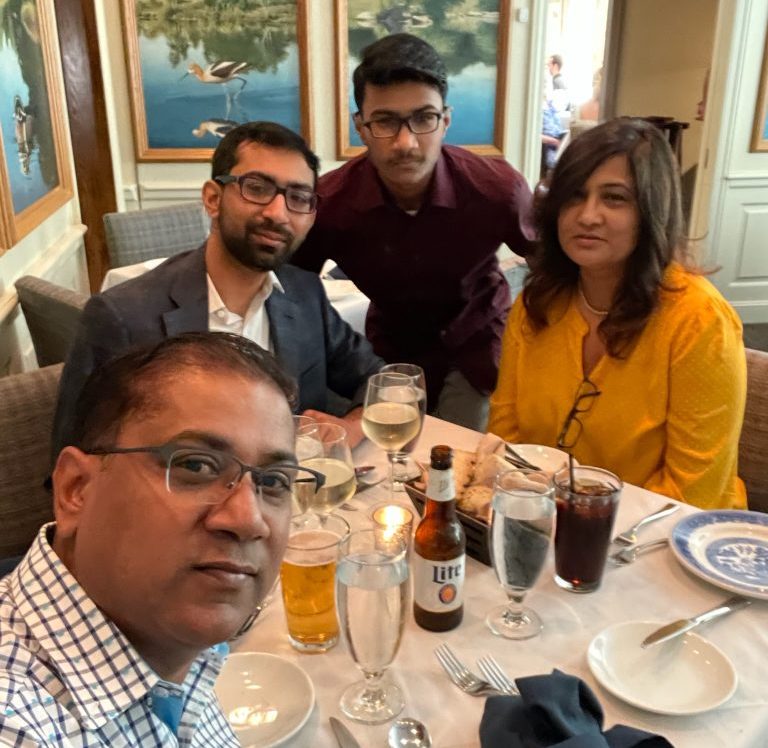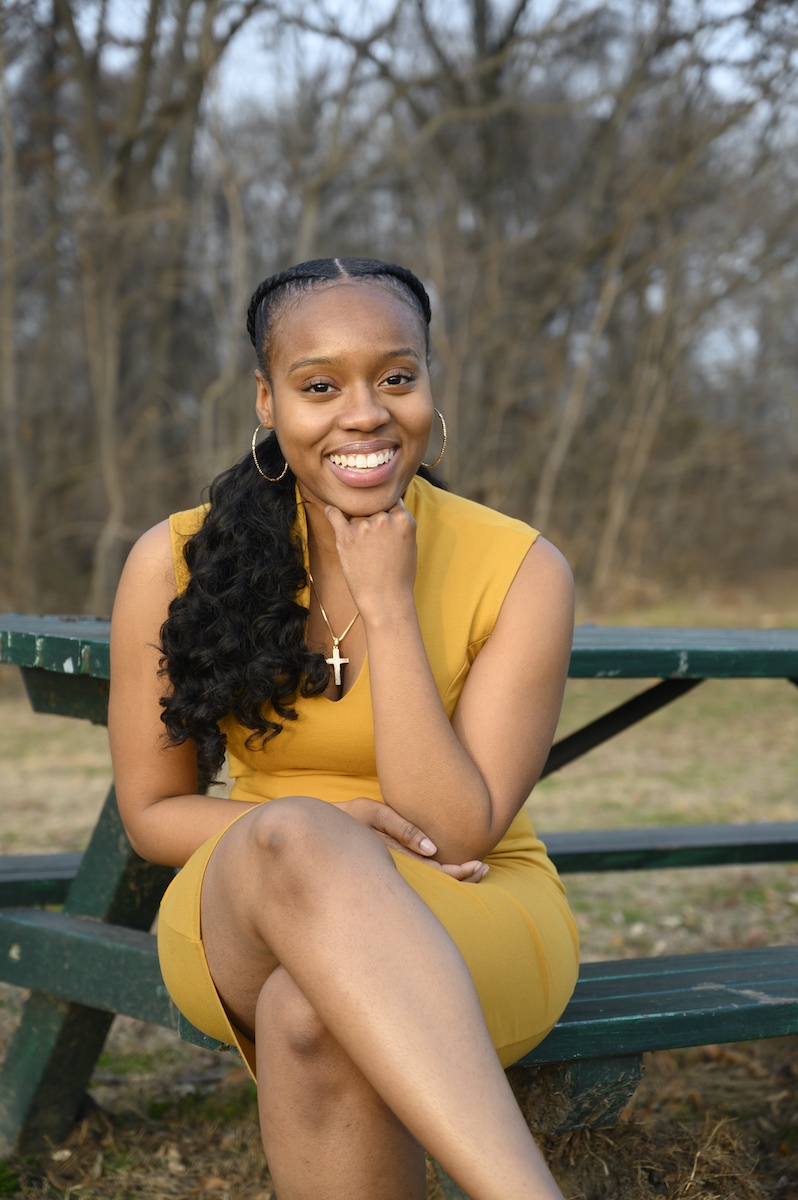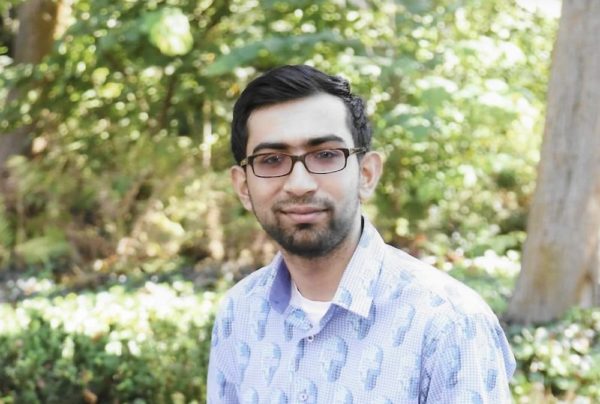
This article appears as part of the Most Diverse Tech Hub initiative, underwritten by the City of Philadelphia Department of Commerce. It was first published on project partner Campus Philly's website and is republished here with permission.
Tyler Ramdass knows that where your professional exploration starts isn’t always an indicator of where you’ll end up.
Ramdass is a junior cybersecurity specialist at Sabre Systems, Inc., a Warminster-based technology solutions company serving the national defense, federal civilian and commercial spaces. In this role, he works on cybersecurity solutions for the commercial sector, including compliance assessment, vulnerability and risk detection.
Born to parents who immigrated to the US from Trinidad and Tobago, Ramdass grew up just a short SEPTA ride away from Philadelphia in Abington and has spent the majority of his life in the region. He has a bachelor’s degree in computer science from Arcadia University and a master’s degree in security informatics from Johns Hopkins University.
But it took a few wrong turns to get where he is now. Below, check out Campus Philly’s interview with Ramdass on his career so far, what it’s like to work in his role, and his advice for those pursuing a similar path.
###
Some people know what they want to do right out of the gate. Did you know right away that you wanted to work in computer science, and, later on, cybersecurity? Was it a smooth journey getting there?
Honestly, I was about as far from knowing what I wanted to do as humanly possible. In high school, I went back and forth between so many different paths in my head, including medicine, writing and law. Eventually, I came back around to medicine. So, I went into engineering, specifically bioengineering. I ended up going to a pretty great engineering school — and even though I loved the people, I discovered that major wasn’t for me. I didn’t do well, and my motivation was shot, but I ended up sticking it out for the full school year to see if I could turn it around (not the wisest move), but I eventually ended up leaving that school.
At that time, I was at a complete loss for what to do. I realized that the computer science classes I took in high school were something I always enjoyed and would be happy to study more of. Fast forward to the next semester, I started at Arcadia University and immediately knew that I made the right choice. I went from a pretty mediocre engineering student to a straight-A computer science student, and I hadn’t even learned about cybersecurity yet!
I wanted to [mention] this to make sure that students know that it’s OK to fail. It’s OK to not know what you want to do, and it’s OK if your journey isn’t a smooth ride. What’s important is that you get up and keep on fighting. Learn from your mistakes and just give it your best shot — you’ll surprise yourself. If my freshman self knew that he’d go from a pretty bad engineering student to getting his master’s degree from Johns Hopkins, he’d be in complete shock.

Tyler Ramdass holds his Johns Hopkins diploma. (Courtesy photo)
Your bachelor’s degree in computer science could have taken you down a number of different paths. What drew you to a career in cybersecurity?
I discovered cybersecurity while working on my undergraduate degree. I took a class titled Introduction to Network Security. From there, I really fell in love with the material, owing heavily to the teaching style and hands-on lessons of my professor, Dr. Vitaly Ford. He later became a mentor to me, helping me to discover that cybersecurity really is my passion. That same mentorship is also what led me to Sabre Systems, as he was the one who introduced me to the company.
What is a typical day like as a junior cybersecurity specialist at Sabre Systems?
A typical day at Sabre Systems really depends on what projects I’m working on. On any given day, I could be developing policies, procedures and plans for a client, setting up cybersecurity awareness lessons, or writing up a report and presentation to discuss how to improve a customer’s cybersecurity posture. While here, I’ve had the fortune of working on so many different types of projects, from compliance to penetration testing to vulnerability scanning, and it’s helped me diversify my skillset. The sky has really been the limit, and Sabre is always willing to help you achieve what you want to achieve.
While attending Arcadia University, you also interned at Sabre. What tips do you have for students interested in turning their internship into a full-time job?
It’s really important to go in every day and be the best version of yourself that you can be. Not every day is going to be great, but do your best. Additionally, try to be a part of the community within your organization. Get to know people, whether they’re in your department or not. This is obviously harder with the pandemic and remote work, but it’s not impossible! Really becoming a part of the team and showing that you’re valuable to the company and its people goes a long way. At least, that’s what’s worked for me.

Tyler Ramdass with family. (Courtesy photo)
You were working at Sabre part-time while also pursuing a master’s degree. How did you balance that? Any advice for other graduate students who are also working while pursuing an advanced degree?
Balancing working with graduate school was a tough task, but admittedly, the timing of the pandemic made things a little more manageable. The first two semesters of my program were done remotely, so I was able to live at home and work from home and could switch from my personal computer to my work computer really quickly. For the final semester of grad school, I moved down to Baltimore [where Johns Hopkins is based] and was able to take my work with me. While at school, I was fortunate enough to have earned a scholarship that covered tuition and living expenses, so I could afford to cut my hours down to a manageable level. It was very important, though, that school came first — a view shared by myself, my family, and Sabre Systems.
My experience with working during graduate school is probably a bit different than other experiences due to the inherent remote-friendly nature of my job. I think it’s really important to establish that balance between work and school. I went to school full-time, but many schools, including Johns Hopkins, have degrees specifically for working professionals that can work around your schedule.
Remember to take care of yourself and work smart. Make time for things that can help you relax or de-stress (for me, that might be writing, drawing, listening to music or playing a video game). Advanced degrees can be overwhelming and are hard work as it is, and that is often exacerbated by working a job at the same time. Manage your time well and practice self-care — it goes a long way!

Tyler Ramdass. (Courtesy photo)
Out of all the things you did to prepare for a career in cybersecurity (classes, internships, joining organizations, advanced degrees), what prepared you the most for success?
I think my classes and internships honestly prepared me the most for success, including my undergraduate and graduate degree programs. My undergraduate classes were a more breadth-focused experience in computer science, but it still built the foundation for a love of learning and the desire to work hard at everything I do. My graduate classes really focused on the different areas of cybersecurity and built up a strong, varied skillset that allows me to feel confident in taking on challenges.
Additionally, my internship showed me different areas of working in cybersecurity, from the policy side to the more technical, hands-on side. Working on both sides really allowed me to develop into a well-rounded individual. A lot of tech people seem to fear the policy/writing side, but I think it can be just as fun!
If you were to offer one piece of advice for a college student interested in pursuing a career in cybersecurity, what would it be?
There are so many things that I want to say here, but I think what it boils down to is keeping an open mind and trying different things with earnest. Cybersecurity is a massive field with different areas that, at a glance, are nothing like each other and can seem intimidating when they’re introduced to you. Give them an honest attempt, and you might find that the thing that you were scared of is actually the most fun part for you! Explore cybersecurity, and you might find yourself surprised by what’s out there to work on.
As an example, while in grad school, I signed up for a Space Systems Cybersecurity class despite knowing anything about space. As it turns out, it was one of the most fun, interesting and engaging classes I’d ever taken, and now space cybersecurity is something I am extremely interested in. Who’d have guessed?
Join the conversation!
Find news, events, jobs and people who share your interests on Technical.ly's open community Slack

Philly daily roundup: Women's health startup wins pitch; $204M for internet access; 'GamingWalls' for sports venues

Philly daily roundup: East Market coworking; Temple's $2.5M engineering donation; WITS spring summit

Philly daily roundup: Jason Bannon leaves Ben Franklin; $26M for narcolepsy treatment; Philly Tech Calendar turns one


